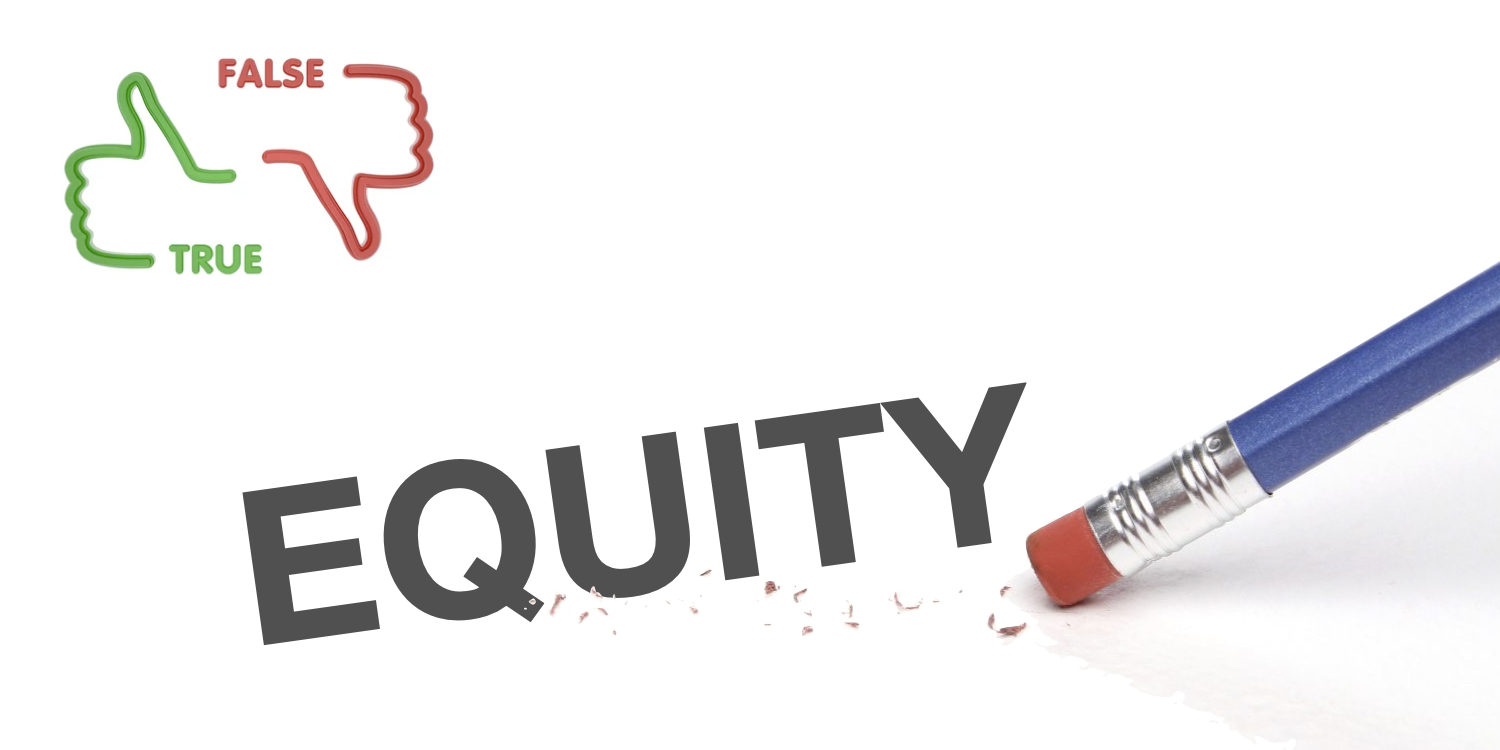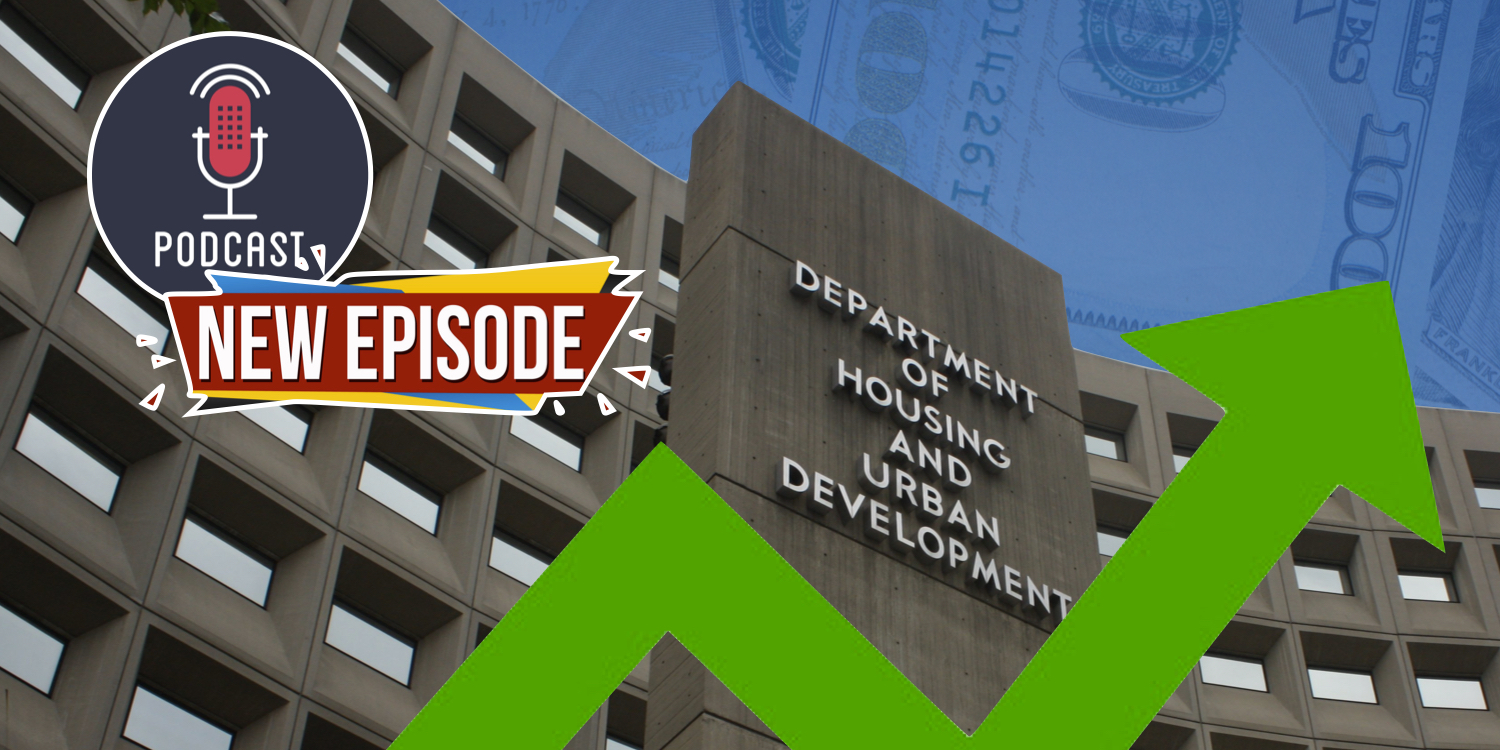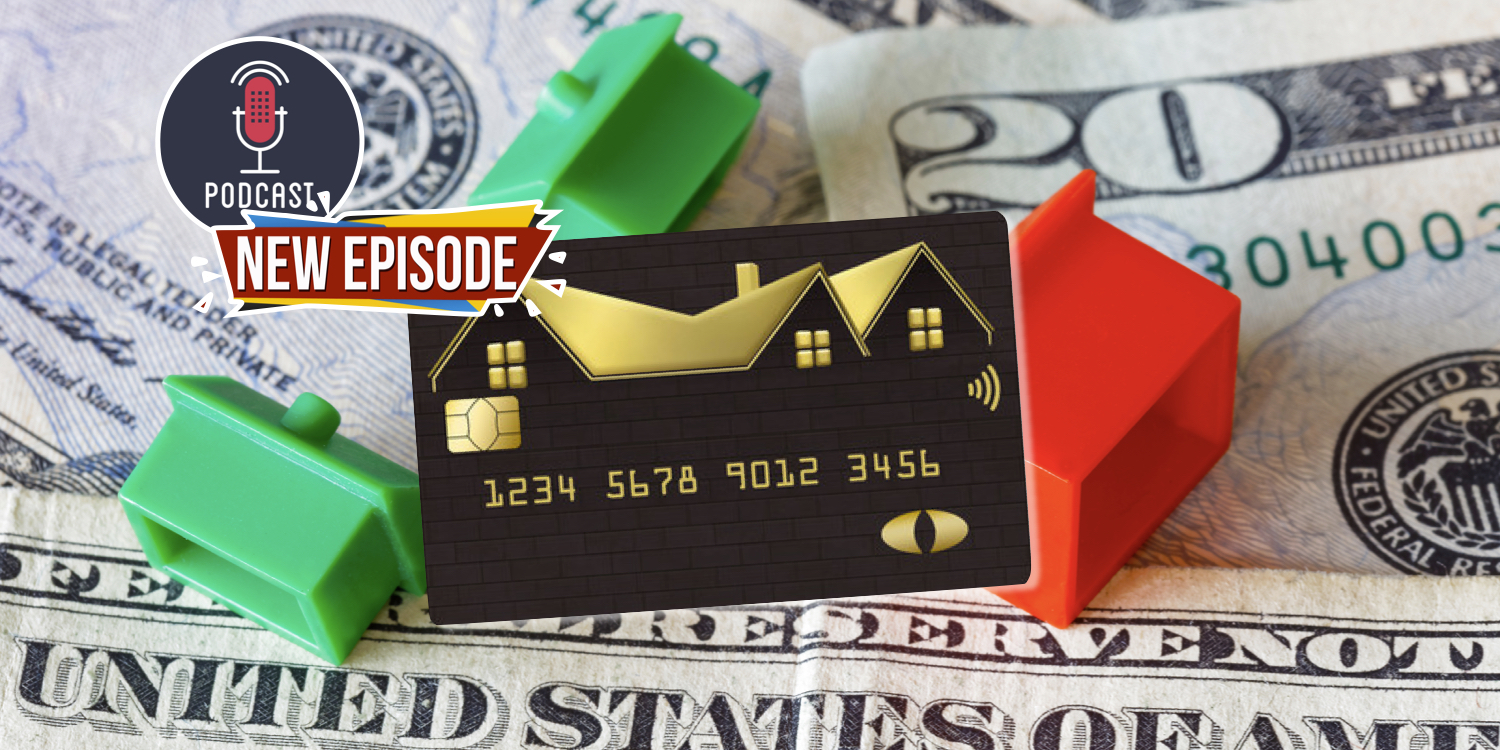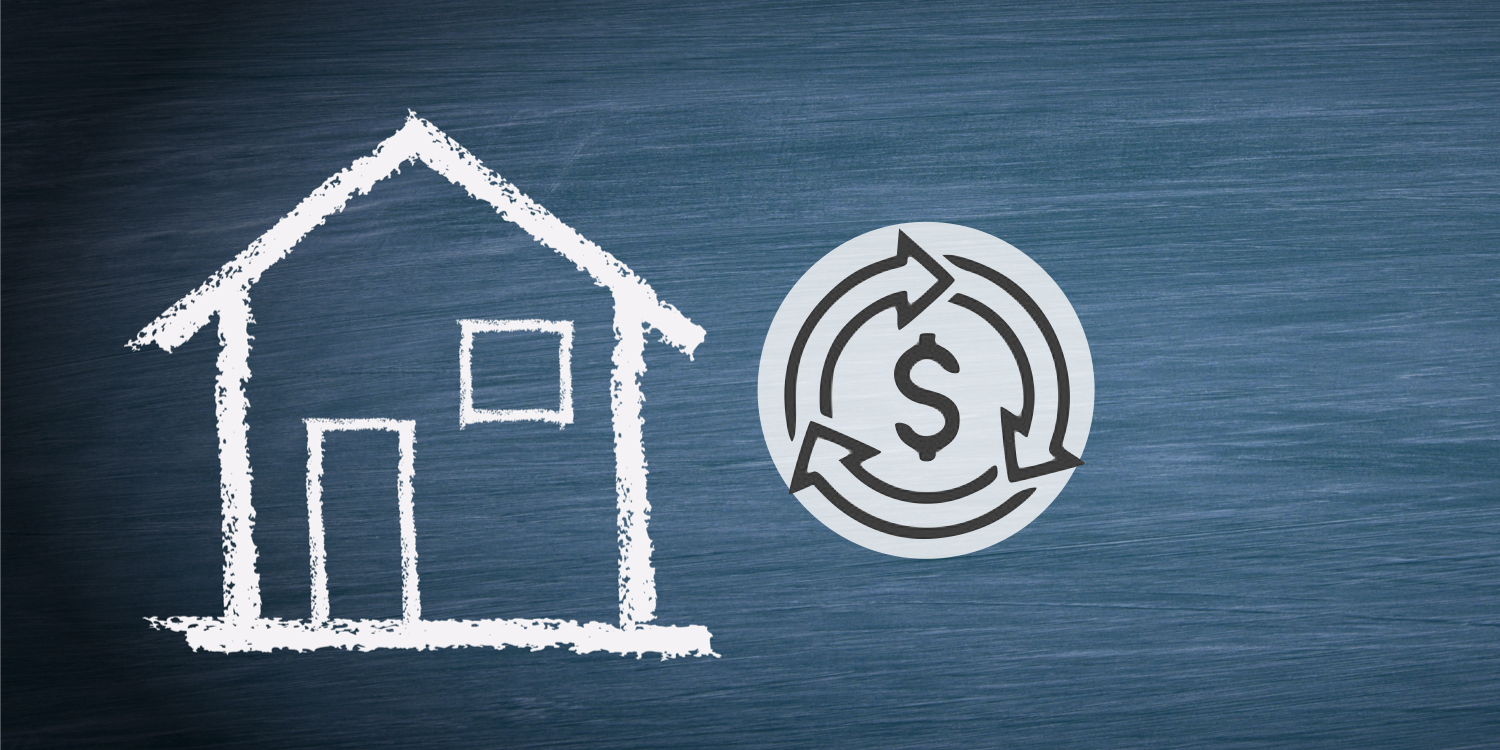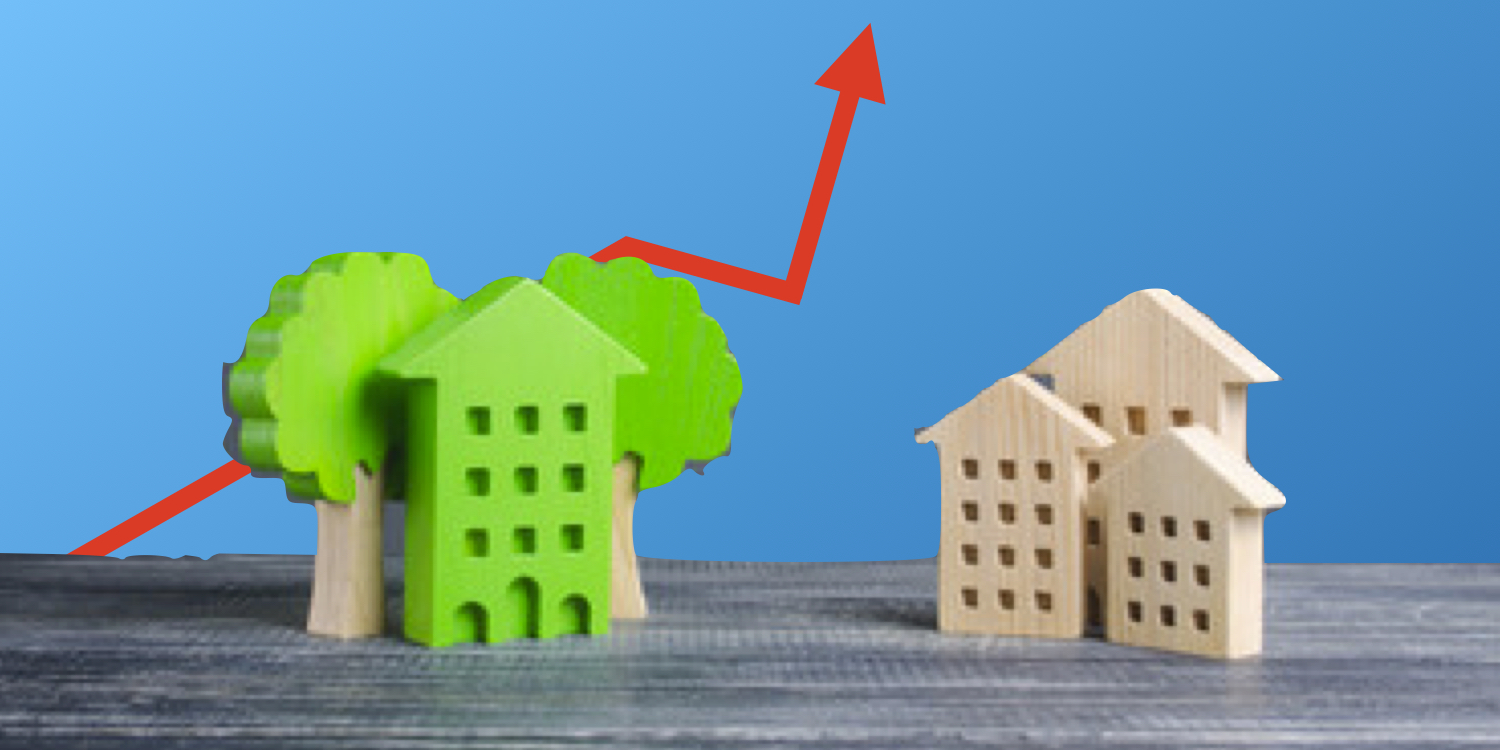We are likely headed toward an era of historic inflation in the United States. Not the news one wants, especially if they’re retired. However, there’s one safe haven for millions of senior homeowners; their home.
Continue readingRetirees need to face their Financial Fears
Covid-19 isn’t the only pandemic spreading across our nation. Fear and uncertainty are just as contagious. Two particular groups are especially worried- older Americans nearing retirement and those who are already entered their non-working years
Continue readingEquity Erased- It’s not what you think
Equity erased- and no it’s not always a reverse mortgage
Often critics and media pundits disparage the reverse mortgage loan as erasing a homeowner’s accumulated equity. Do reverse mortgages consume accumulated equity? Certainly, when the homeowner is not making payments. Reverse mortgages are negative amortization loans in which unpaid interest is added to the previous month’s principal balance. However, the equity is not ‘erased’ until a triggering event takes place. This week we look at the ways an older homeowner’s equity can actually be erased with or without a reverse mortgage.
Fraud-
The HECM’s 2021 performance likely best 2020
Unable to use the embedded player? Listen here.
EPISODE #695
It’s less about preserving equity and more about cash flow
With millions of first-time homebuyers finding few suitable housing options and tenants enduring the ravages of rent hikes, some are sitting on a mountain of home equity whilst needing a significant boost to their monthly cash flow.
.
Other Stories:
-
HECM is an important part of HUD providing housing stability- MMI fund may show marked improvement
-
How To Avoid Reverse Mortgage Lending Traps
How to tap into your home’s value safely
Unable to use the embedded player? Listen here.
EPISODE #693
Consumer Reports: How to tap into your home’s value safely
Consumer Reports outline several ways a homeowner may tap into their home’s equity safely. Only one choice doesn’t require monthly mortgage payments. .
Other Stories:
-
Reverse Market Insight’s Market Minute
-
Zillow exits homebuying – Home price growth will slow dramatically in 2022 says Core Logic
I won’t live to see my mortgage paid off
Unable to use the embedded player? Listen here.
I’m retired and won’t live to see my mortgage paid off. Should I refinance to lower my monthly payment?
“Is it worth having my home refinanced at a lower, fixed percentage rate and paying closing costs? What other options should I consider?”
.
Other Stories:
-
USA Today: 4 ways to avoid running out of money in retirement
-
The equity release issue: What’s stopping older Aussies from ‘eating their house’?
Podcast E640: U.S. Debt & The Housing Market
Unable to use the embedded player? Listen here.
How U.S. debt influences the housing market
The federal government is setting an unsettling new record in spending. So far this year $9.1 has been spent. One thing is certain: housing prices and U.S. Debt are growing at a record pace
.
Other Stories:
Should they take their winnings off the table?
Taking their winnings off the table:
Are seniors over-invested in their home?
Let’s say in January 80% of your assets were invested in hotel and entertainment stocks that made you a healthy chunk of change. For sake of argument, let’s say these stocks consistently out-performed your expectations. Then came March and the arrival of the novel coronavirus. If you found yourself holding these positions after the pandemic broke you probably got clobbered in the market.
Much like being over-invested in one or two companies, many are over-invested in their home. That’s a point Hometap Equity Partners CEO & Cofounder Jeffrey Glass made in a last month’s RMD virtual event HEQ- the future of home equity in retirement. If the bulk of a client’s wealth was tied up in one stock a financial professional is likely to strongly recommend diversification. “If that were a stock, and you had 60-90% of your net worth tied up in one stock, no matter how much you love that stock, any financial advisor would tell you you’re over-concentrated, particularly since you’re over-concentrated in an asset that’s illiquid,” While Glass’ was speaking in the context of alternate equity products, his analogy nevertheless rings true.
So what about housing wealth?
Up in the Air: Airline employees face furloughs
Up in the Air
There’s much that’s uncertain in these turbulent times. One group that’s facing looming financial uncertainty is the nation’s airline employees. Airlines are poised to shed tens of thousands of workers as federal aid backstopping the industry stops October 1, 2020. American Airlines and United plan to furlough 19,000 and 16,000 workers respectively. A federal prohibition of airline furloughs and a massive $25 billion cash infusion to cover payroll have delayed the inevitable until the first day of October.
While the Federal Reserve continues to print money at a feverish pace, the truth that is the fiction of ’employment recovery’ is reaching its final chapter. Captain Jetson, an online airline/aviation publication, serves up inside industry information and tips for those employed in domestic air travel. Jetson’s August 22nd column warns airline professionals of the impending deadline and what potential strategies may help ease the financial fallout of unemployment.
When it comes to ‘income matters’ Captain Jetson suggests pursuing one or all of the following plans of action:
- Pursue state unemployment benefits & programs
- Having a working spouse or partner increase their working hours
- Applying for military benefits if applicable
- Consider applying for a reverse mortgage and/or beginning to take Social Security payments

While the age distribution of airline employees is somewhat murky we can safely surmise that there may be a significant number of older workers who did not take an early retirement package earlier this spring who are facing economic uncertainty. Many are longtime homeowners anxious as to how they will afford monthly mortgage payments or find the cash to meet their daily expenses.
Unions representing airline employees are highly-motivated to present members with potential solutions, especially those facing a forced furlough in two short weeks. Despite most airline pilots not being able to fly after age 65, the vast majority of airline personnel are found in ground crews and support staff. Contacting your nearest airline labor union could be the first step in getting in front of members 62 and older who may want to leverage their home to weather a season of unemployment or simply retire altogether.
What other industries in your area are dependent upon federal aid that may expire? What business plan will you develop to help these older workers facing unemployment?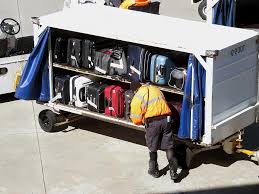
Regardless, now is the time to make your presence known and the powerful financial tool you offer older homeowners- all while home values remain at historic highs and interest rates reach their lowest benchmarks.
Up in the air? Much may be but as Captain Jetson advises industry workers in its column, ‘develop a plan of action- NOW’.
Wealth disparity and home equity
Wealth inequality, economic chaos & the role of home equity
Wealth and income inequality. Pulling back from the distasteful political debates that continue to rage on about the haves and have nots it is a clear and present reality. The Pew Research Center made these startling findings. “The wealth gap between upper-income and lower- and middle-income families has grown wider this century. Upper-income families were the only income tier able to build on their wealth from 2001 to 2016, adding 33% at the median.” Why such a disparity? Good question. “The reason for this is that middle-income families are more dependent on home equity as a source of wealth than upper-income families.” With home equity playing a crucial role for middle-income Americans reverse mortgages and equity-extraction loans will become even more essential.



